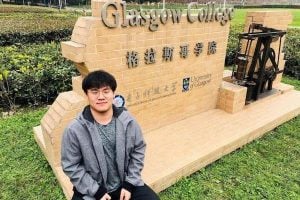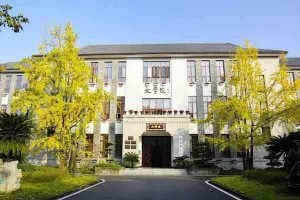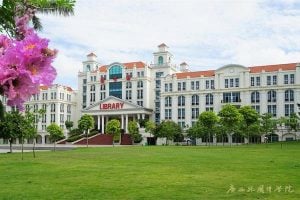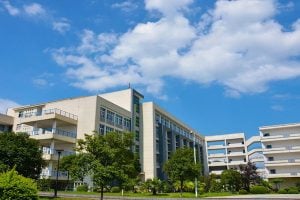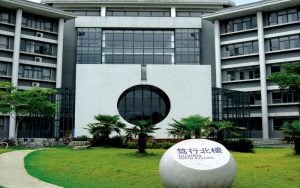Guangdong Justice Police Vocational College
Introduction to Guangdong Justice Police Vocational College
On April 19, 2002, Guangdong Justice Police Vocational College (广东司法警官职业学院) was formed on the basis of the merger of Guangdong Judicial School and Guangdong Judicial Police School. It is a provincial public full-time higher vocational school with higher education qualifications.
The college has two campuses: Longdong, Ishii, and Zengcheng training and teaching base. The headquarters is located in Longdong. The college is organized at the departmental level and is under the administration of the Provincial Department of Justice. It is under the guidance of the Ministry of Education and the Ministry of Education in teaching and professional development. The college is the base of higher legal education in the judicial administration system of the province, the training base for cadres of the judicial administration system, and the theoretical research base for prison and reeducation through labor. The college covers an area of 308.8 acres. The college currently has 308 faculty members.
I. Main tasks of running a school
(1) Carrying out vocational education of judicial police officers and education in law colleges;
(2) Carrying out education for adults and colleges of law;
(3) To undertake the continuing education and training of cadres entrusted by the provincial judicial administration system and provincial political and legal commissions;
(4) Carry out scientific research on related topics such as punishment enforcement and education reform;
(5) Provide technical services to judicial administrative organs at all levels in our province.
(6) Undertake correspondence and self-study examination counseling and distance education for management, lawyer and other majors;
(7) Carry out cooperation and exchanges between schools.
Second, the school’s guiding ideology
Adhere to the guidance of Deng Xiaoping Theory and the important thinking of the “Three Represents,” fully implement the scientific outlook on development and the Party’s education policy, adhere to the direction of higher vocational education, take employment as the direction, serve as the purpose, and cultivate high-quality skills Judicial professionals.
Third, the school philosophy
Based on the humanistic molding of higher vocational education, the core is the education of law, judicial and police occupation development, and the orientation of employability training, forging high-quality technical professionals.
4. School running ideas
Make full use of the educational resources of the college, give full play to the advantages of running schools in the industry, follow the rules of higher vocational education, strive to explore the development path of the combination of police and academy, promote development with innovation, and strive to practice innovation in education concepts, innovation in personnel training models, management system innovation and teaching methods Innovation to serve social and economic development and the construction of national democracy and the legal system.
V. School Orientation
(I) Development goals of the college: Strive to build the college into a talent training base for the Guangdong judicial administration system, a base for improving the quality of the Guangdong judicial administration system, and an applied theoretical research base for the Guangdong judicial administration. Colleges.
(2) Form, type and hierarchical structure of running a school: The college is a provincial-owned public higher vocational college mainly based on full-time general higher vocational education and supplemented by continuing education of serving police officers and other judicial administrators.
(3) Talent training model: Relying on the industry, through the combination of theory, practical training, and post-training internship teaching mode, students’ theoretical analysis ability, professional practice ability, and judicial professional ability are cultivated.
(4) Orientation of services: Based on justice, society, and the grassroots, it contributes to the legal system construction and regional economic development.
Teaching Program
![]() ISAC University Teaching Program
ISAC University Teaching Program
Related Universities


